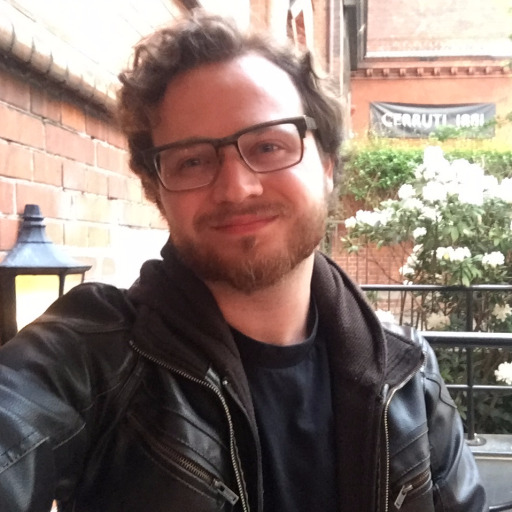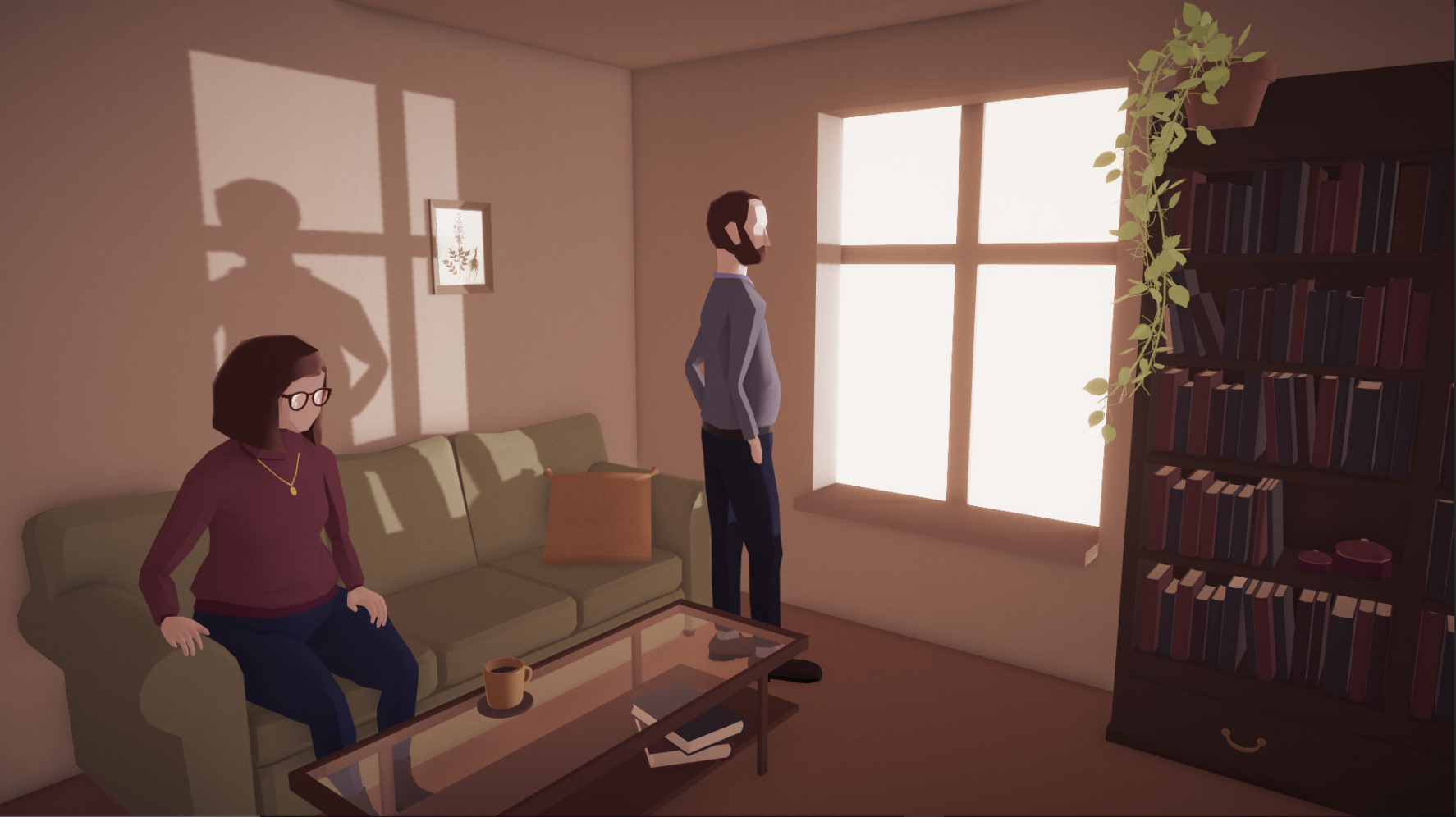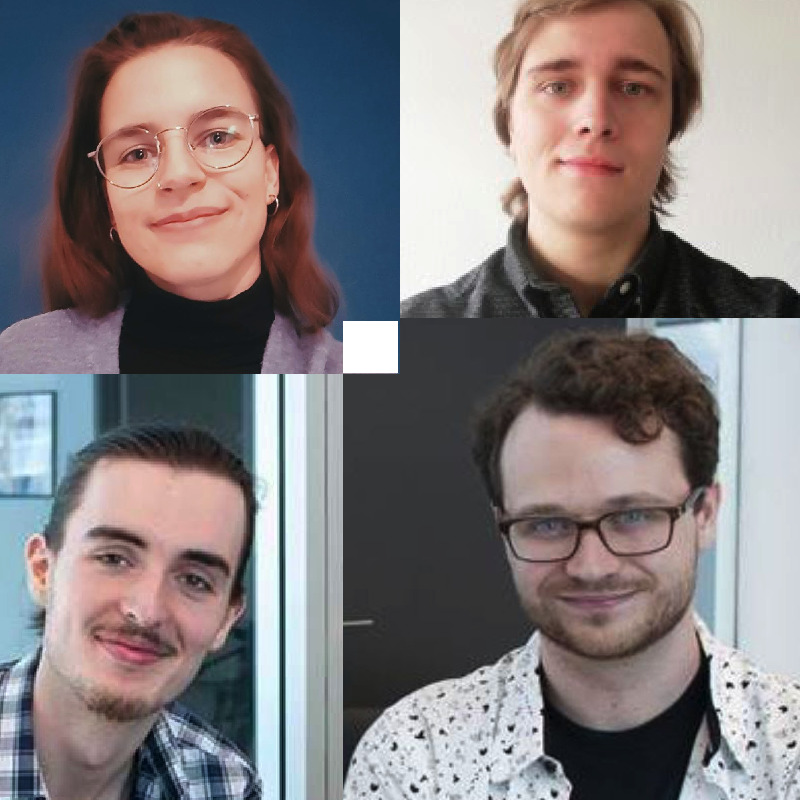The Drongo, Interview #7: Ryan Wright
Debuggery
Some fields hidden!
- og-image: ['https://www.maxwelljoslyn.com/static/thedrongo/ryan-wright.jpg']
- visibility: ['public']
- author: {'uid': ['/'], 'name': ['Maxwell Joslyn'], 'note': ['I am a human bean']}
- url: ['/2021/04/15/bn', '/thedrongo/interviews/ryan-wright']
- type: ['entry']
Receive new interviews twice a month. Subscribe to The Drongo for free!

The Drongo: Today on The Drongo, we're speaking with Ryan Wright on game studies, game development, love and relationships, and more.
Ryan Wright: Hi drongos, I'm Ryan! I've lived in Los Angeles, Portland (Oregon), the California Bay Area, and Copenhagen. I like partner dancing (when not in a pandemic), tai chi, and my tripod dog named Lincoln.

I'm an independent videogame developer who also does academic research on games. I write about the aesthetics of interaction and play using phenomenological theory and existentialist philosophy. If you want to know how the hell those things fit together, check out my Google Scholar page.
The Drongo: Any readers who want to dive into your Google Scholar citations will get a good preview during today's discussion of your work in games.
Ryan, you're currently working full time on Forgotten, a videogame which you originally prototyped as a master's project at ITU Copenhagen. The game imparts a first-hand experience of suffering from Alzheimer's disease. Could you please give us an overview of Forgotten's gameplay?

Ryan Wright: Forgotten is a 3D exploration game (colloquially, a 'walking simulator'), meaning you walk around and explore an environment while a story unfolds. The central conceit of the game is experiencing, from a first-person perspective, a few days in the life of a woman with Alzheimer's disease, and the effects of this disease on your relationships with your family members.

We made a short prototype in school that used unsettling design techniques to produce a cognitive dissonance in the player that we imagine is analogous to some of what people with Alzheimer's experience. Early on you might put an object down somewhere, only to find it's not where you remember leaving it, while later in the game you might think you're alone in your house, only to suddenly hear your daughter in the other room talking to you. Your symptoms get worse as the game progresses.
We try to emulate the experience of having gaps in your perception of time, and use the language of videogames to give players the sense of lost agency. It's an empathy-cultivating experience.
The game was endorsed by Alzheimer Foreningen, a Danish organization for helping folks in Copenhagen learn to take care of loved ones with dementia. We were later nominated for Best Student Game at the Independent Games Festival 2020, though we sadly couldn't participate in the live March 2020 showcase because ... well, something else happened instead in March 2020.
The Drongo: Luckily, the showcase nomination wasn't the last bit of good news for your team. In November 2020, the Danish Film Institute awarded the Forgotten team an $80,000 grant to turn your prototype into a full gameplay demo.
Congratulations on your achievement! How have you been using the funds, and how does it feel to receive institutional recognition for your hard work?
Ryan Wright: We're extremely thrilled that Forgotten's managed to earn us this first round of funding, and have been humbled by how many people reached out to us to say that the game made them reflect on personal experiences with dementia in their family. We used the funds to start up a Copenhagen-based game company called Autoscopia Interactive.

Autoscopia is a team of four turning Forgotten into the full experience we originally imagined it could be, and we want to bring the game to a wider audience. The funds go to employing ourselves (so we can pay rent), buying equipment, marketing, playtesting, and hiring folks to help us with specialized development tasks like sound design.
This round of funding lends us 6 months' worth of time to make a "vertical slice" of final game content, meaning we expect to make a demo that showcases our new art style, new strategies for emulating dementia symptoms, and a full story centered on a mother and her daughter-turned-caretaker.
Hopefully by the end of these 6 months we'll have more funding to keep working full time on this.
The Drongo: Can we play the prototype?
Ryan Wright: You can download the original prototype (or follow along with development) at the official website.
The Drongo: Go try Forgotten, everyone. It's worth your time, even at this early stage.
Let's talk academics, so our readers can learn how you came to work on such a game. The field in which you did your master's research is called game studies. What exactly is game studies, and how does that field of inquiry tie in with game design, game programming, or literary theory?
Ryan Wright: Wow, where do I start? Game studies is a diverse niche of media studies focused on videogames, interactive fiction, game AI, and virtual environments. A lot of game research is psychology- and design-adjacent, so research on games for learning, or on how different kinds of games impact their players' mental health, are very prevalent.
There are also parts of the field dedicated to researching the cultural impact of games. For instance, there's a lot of really interesting work being done right now on how queer online communities evolve around games, in part because role-playing videogames facilitate play with one's sense of gender and other facets of identity. Some people find that these experiences teach them something deeper about themselves.
Of course, there's also straight-up design and computer science research exploring game-based AI, which might have uses beyond the gaming market. The bit of game studies I've published work in is weirder: aesthetic theories of play and interactive art.
Non-dynamic forms of media, like literature and film, rely on theories about the psychology and aesthetics of narrative to describe their meanings. Games, however, don't necessarily need to include any narrative-based aesthetics; instead, they offer first-hand experiences of being in a story world, or of acquiring mastery over a system by tinkering with it. As such, playing games offers players perspectives on themselves and the world from points of view that they probably wouldn't have gotten exposed to if they weren't part of play.
As a designer and researcher, these theories inform my practice. In Russia, the turn of the century brought us a school of formalism that invented film techniques like montage. There's a budding analogous school of formalism in game studies that's exploring the aesthetic possibilities of interactive media like games.
While videogames are not totally different from previous kinds of media, the part that is new — their configurative and exploratory nature — is the precursor to the kind of virtual media that we'll see dominating our future. Developing sophisticated media literacy about configurative media requires deep understanding of how games make meaning, how they're impacting culture today, and how people internalize the rhetorics and aesthetics of gameplay.
The Drongo: Thanks for giving us all a thorough introduction. I'll have to follow up our interview by doing some reading in your field.
Ryan Wright: Shameless plug time. I actually work for one of the bigger journals in the field, aptly named Game Studies. It's online, it's free, and we'll have a new issue out later this month!
The Drongo: Never let it be said that you lack marketing instincts.
On top of creating and studying videogames, you have also been the subject of one. It's a little-known fact that you starred in Ryan Quest, a 2019 videogame by Maxwell Joslyn.
What was your reaction when presented with the game on February 1st of that year? How do you view Ryan Quest two years later?

Ryan Wright: Holy crap, that was two years ago? I still tell people that it's the best birthday present I've ever gotten, and I mean it. I think it's hysterical — quintessential and iconic Max Joslyn humor — and the amount of energy and time that clearly was invested into Ryan Quest makes it extremely meaningful to me.
Even though I think the caricatured picture it paints of me is something I may have to answer some questions about one day (like if I ever want tenure at a university), I was genuinely touched by the whole thing — especially the warm final lines that unlock if you solve all its mysteries.
The Drongo: I shared your kind review with Mr. Joslyn, and he says that you deserve some of the credit for Ryan Quest — for inspiring it, and for "being preposterously prankable."
screech
Do you hear that? Our transition between sections got loose. We'll have to make do without it, and go right into our next topic: polyamory.
If I understand correctly, your current life, and your plan for the future, is centered on a four-person polyamorous household. You plan to raise children with all four adults as parents. Can you describe your relationship to each person and their relationships to one another?
Ryan Wright: We're what you might call a 'Z' or an 'N'-shaped 'polycule,' meaning I date two people (we'll call them C and G), and one of them has a husband (J). J and C are married, but J and G aren't in a relationship. They're best friends though!
Most of us also have other partners who don't live with us, but COVID has complicated seeing them frequently, which has been rough. I was in the wedding party for C & J's wedding, and gave a wedding toast and everything. We take care of each other.
The Drongo: It takes a tremendous drongo to sail against mainstream romantic norms. What brought you to polyamory? Why does it work for you and yours?
Ryan Wright: Polyamory works for me for several reasons, but above all, it has to do with the kind of trust and security I've been able to find in polyamory that I — personally — had trouble finding in monogamy. When I was younger and monogamous, my relationships felt like they could be easily endangered if one of us met someone else who was particularly compelling.
I was often jealous, anxious, and found trust hard to cultivate if I didn't feel like my partner was being fully honest with me about what they were thinking and feeling — particularly when it came to how they felt about other people. I've always been someone who really wants people to tell me what they think and how they feel, even if it hurts my feelings, because at least then I know. Even knowing bad news can be a comfort compared to whatever horrible stuff I concoct on my own when I'm in a bad headspace and speculating.
When I was in my early 20s, I started recognizing some contradictions between my thoughts and my lifestyle, which ate away at me over the years. I realized that it actually was never my partner's attraction to other people that scared me; it was that they might not be telling me important information about how they really felt. Also, feeling connected or called toward more than one person at a time seemed extremely normal for me, and I ended up in situations where there was more than one 'right' person for me to be with at one time — more than one person who would challenge me to grow in ways that felt important. I never felt like there was anything morally wrong about that because we don't have full control over our feelings. The heart wants what it wants.
At Reed College (where Max and I met), non-monogamy was pretty common, and I met someone who was living a polyamorous lifestyle that was causing them to grow in ways I found extremely inviting. While there are a million ways to do non-monogamy (and a lot of them really don't work for me), I found that those practicing "non-hierarchical non-monogamy," or "kitchen-table poly," offered me the most security and comfort — and in my experience, the least drama.
The ideal in this setup is that you're basically friendly with your metamours — people who your partners date — and maybe you're even proper friends independent of your common partner. It's important for me to be able to have difficult one-on-one conversations about feelings with my metamours. In turn, I do my best to hold a lot of emotional space for them.
I had some good luck finding C, and being very supported by C and J when I was new to polyamory and was really intimidated by their pre-existing relationship. I was always treated as someone whose feelings and needs were as valuable as everyone else's in the relationship network, and that was a very special kind of security.
I feel calmer having this kind of openness in my relationships. Before, I often wondered if my monogamous partners really wanted to keep dating me as time went by, or if they merely felt obligated to do so even as other people entered their lives. In my current relationship dynamic, I'll always know that my partners actually choose to continue being with me every day, and I them. Should we ever drift apart, it will be because of some reason internal to our dynamic, and not for some outside reason, like one of us meeting someone else who became important to us.
I feel challenged to grow into my best self through this kind of non-monogamy. I need to have a lot of patience, clear communication practices, hyper-awareness of my needs and feelings, and a lot of patience and compassion for my metamours, who ordinarily would seem like a major existential threat to my relationships.
Furthermore, finding the self-confidence to believe I'm worthy enough for my relationships, even though my partners have other partners, has done wonders for me. We all take care of each other as a community, and I basically think this way of doing things is really sustainable for me.
The Drongo: If we had more time for this interview I'd want to pick your brain about poly philosophies of commitment. Unfortunately, I'll have to leave that for another day. Ryan, thanks a million for answering all our questions here at The Drongo.
Ryan Wright: Thanks for this, Max. It's really cool to be included in your project. :)
The Drongo: You're welcome. Ryan was savvy enough to sprinkle his professional links into his answers, but here's all his contact information in one place for curious readers:
- Email: ryan@rcwright.org
- Google Scholar
- Twitter: @RC_Wright
- Game Studies academic journal: gamestudies.org
- The Forgotten homepage: forgotten-game.com
If you liked this interview, please share the link on social media:
https://www.maxwelljoslyn.com/thedrongo/interviews/ryan-wright
Thanks for reading The Drongo! Our next interview, releasing at the end of April, will be with Larry Drui, who performs multiple forms of dance, writes plays, and loves his job at the IRS. Don't miss it!